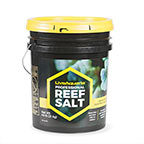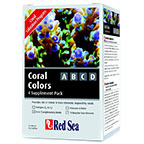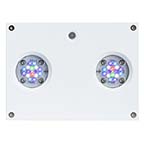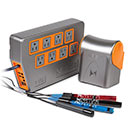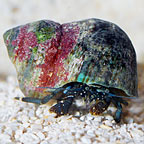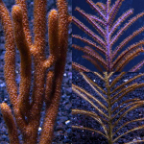Australian Alien Moon Brain Coral
(Favia sp.)
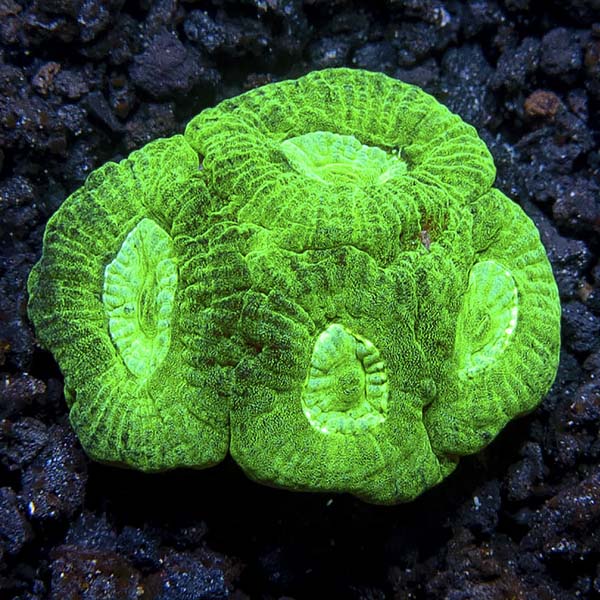
Please Note: Due to variations within species, your item may not look identical to the image provided. Approximate size range may also vary between individual specimen.
Please Note: Due to variations within species, your item may not look identical to the image provided. Approximate size range may also vary between individual specimen.
Australian Alien Moon Brain Coral
(Favia sp.)
Additional locales and sizes may be available!
Additional locales and sizes may be available! Email me when availableQuick Stats
Care Level
Easy
Temperament
Aggressive
Color Form
Assorted
Water Conditions
72-78° F, dKH 8-12, pH 8.1-8.4, sg 1.023-1.025
Family
Faviidae
Lighting
Moderate
Supplements
Calcium, Strontium, Trace Elements
Waterflow
Medium
Placement
All
Compatibility
View Chart
What do these Quick Stats mean? Click here for more information
Care Level
Easy
Temperament
Aggressive
Color Form
Assorted
Water Conditions
72-78° F, dKH 8-12, pH 8.1-8.4, sg 1.023-1.025
Family
Faviidae
Lighting
Moderate
Supplements
Calcium, Strontium, Trace Elements
Waterflow
Medium
Placement
All
Compatibility
View Chart
What do these Quick Stats mean? Click here for more information
Overview
The Alien Moon Favia Brain Coral is a notable variety of Favia Brain Coral boasting a fascinating and moody color pattern evoking an alien moonscape sure to add "out-of-this-world" visual interest to your reef aquarium landscape. Favia Brain Corals, also known as Moon, Pineapple, Brain, Closed Brain, Star, Worm, or Honeycomb Corals, are the most common and prolific corals in the world and are very similar in general appearance to the genus Favites. Differentiating members of the two genus is often confusing as many Favia and Favites Corals share the same common names. Though Favia Corals are found in various color forms and polyp shapes, they can be "easily" distinguished from Favites corals by examining the corallites. Each Favia corallite produces individual walls while corallites of Favites corals share common walls that create a honeycomb appearance. In addition, the corallite walls of Favites corals are generally more raised and tend to be more uneven, accentuating the geometric appearance of the Favites corals.
Care of the Alien Moon Favia Brain Coral is relatively easy, making it an excellent choice for the beginner to expert hobbyist. The aquacultured Alien Moon Favia Brain Coral requires moderate lighting achieved by T-5s, powerful LEDs or the more intense metal halides combined with moderate water movement within the aquarium. For continued good health, the Alien Moon Favia Brain Coral will benefit from the addition of calcium, strontium, iodine, magnesium and trace elements to the water column.
The Alien Moon Favia Brain Coral is aggressive, expanding its sweeper tentacles at night well beyond the base, potentially stinging other species of corals and animals within reach. Therefore, it is important to leave ample space between the Alien Moon Favia Brain Coral and neighboring corals.
The photosynthetic symbiotic zooxanthellae algae hosted within the Alien Moon Favia Brain Coral satisfies the majority of its nutritional requirements. However, the Alien Moon Favia Brain Coral will benefit from supplemental feedings in the form of micro-plankton or baby brine shrimp fed twice per week in the evening while its tentacles are visible.
Approximate Purchase Size: Small: 1-1/2 to 2-1/4"; Medium: 2-1/2" to 3-1/2"



